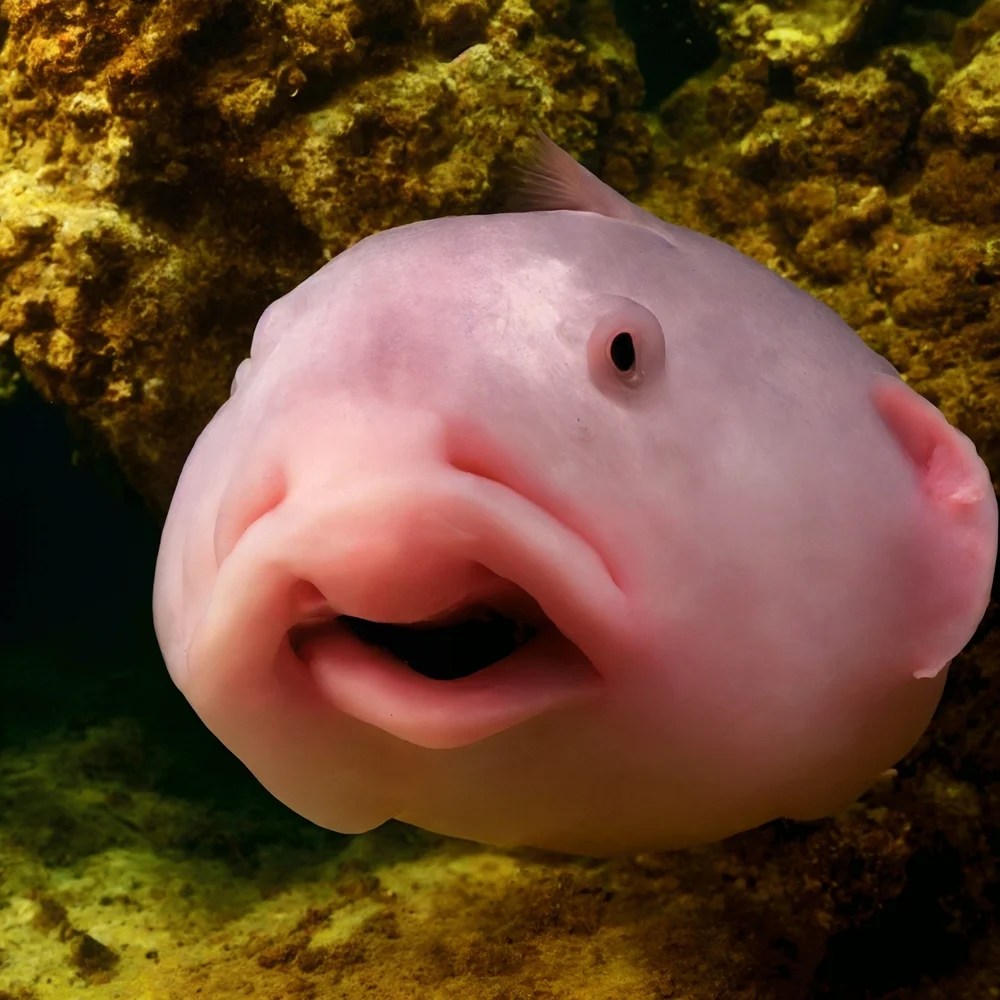Ever wondered what goes on in the mind of a fish? The aquatic creatures that inhabit our oceans, rivers, and lakes are not only fascinating but also hold a world of mysteries waiting to be uncovered. Understanding their behavior, emotions, and interactions can give us a deeper appreciation for these vibrant beings. As we dive into the realm of 'fish be like,' we will explore their social dynamics, communication methods, and even their unique personalities.
From the tiniest guppy to the majestic whale, fish exhibit a range of characteristics that can easily surprise us. Their ability to adapt to various environments, showcase vibrant colors, and form intricate social structures is just the tip of the iceberg. In this article, we will take a closer look at how fish think and behave, and what it truly means when we say 'fish be like.'
Through a series of engaging questions and intriguing insights, we hope to bring the underwater world to life. Prepare to be amazed as we uncover the different aspects of fish life, communication, and their often-overlooked emotional depth. So, let’s plunge into this aquatic adventure and see just what fish be like!
What Are the Basic Characteristics of Fish?
Fish are a diverse group of aquatic animals that exhibit certain defining characteristics. Here are some basic traits:
- Cold-blooded: Fish are ectothermic, meaning their body temperature is regulated by the surrounding water.
- Gills: They breathe underwater through gills, which extract oxygen from the water.
- Fins: Fish possess fins that help them navigate and stabilize in water.
- Scales: Most fish are covered in scales, which provide protection and reduce friction while swimming.
How Do Fish Communicate With Each Other?
Fish communicate in various ways, including:
- Body Language: Fish use their body posture and movements to convey messages.
- Color Changes: Some species can change color to signal distress, aggression, or submission.
- Sound: Many fish produce sounds through grinding their teeth or vibrating their swim bladders.
- Chemical Signals: Fish release pheromones into the water to communicate their reproductive status or territorial claims.
Can Fish Form Social Bonds?
Fish are often thought of as solitary creatures, but many species exhibit social behaviors and form bonds. For example, schooling fish swim together in large groups for protection against predators and to increase foraging efficiency. Some species, like clownfish and anemones, engage in symbiotic relationships, showcasing the social complexity of their interactions.
What Unique Behaviors Do Fish Exhibit?
Fish display a variety of unique behaviors that are fascinating to study:
- Nesting: Many fish species build nests to protect their eggs, often demonstrating parental care.
- Territoriality: Some fish are highly territorial and will defend their space aggressively.
- Hunting Strategies: Fish like anglerfish use lures to attract prey, showcasing clever hunting tactics.
Do Fish Have Emotions?
Research has indicated that fish can experience a range of emotions, including fear, stress, and even joy. Their reactions to various stimuli, such as the presence of a predator or a comfortable environment, suggest that they possess a level of emotional awareness. This challenges the traditional view of fish as simple, instinct-driven creatures and opens the door to a deeper understanding of their emotional lives.
What Is the Impact of Environment on Fish Behavior?
The environment plays a crucial role in shaping fish behavior. Factors such as water temperature, salinity, and habitat complexity can influence how fish interact with each other and their surroundings. For example, in highly biodiverse areas like coral reefs, fish exhibit more complex social structures compared to those in open ocean or less diverse environments.
How Do Fish Be Like in Different Cultures?
Fish hold a significant place in various cultures around the world, often symbolizing different meanings:
- Japan: Fish, especially koi, symbolize perseverance and strength.
- Christianity: The fish is a symbol of faith and abundance.
- Native American Cultures: Fish are often seen as a source of sustenance and spiritual significance.
- Chinese Culture: Fish symbolize wealth and prosperity.
What Can We Learn From Fish Be Like?
Understanding the behaviors and characteristics of fish can offer valuable lessons about adaptability, communication, and social dynamics. By observing how fish navigate their environments and interact with one another, we can gain insights into our own lives and relationships. The concept of 'fish be like' serves as a reminder of the complexity and richness of life beneath the surface, encouraging us to respect and protect these remarkable creatures and their habitats.
Conclusion: Embracing the Fascination of Fish Be Like
In conclusion, the world of fish is far more intricate than we often give it credit for. From their social structures to their emotional responses, fish be like a complex tapestry of life that deserves our attention and respect. By continuing to explore and understand their behaviors, we can foster a greater appreciation for the aquatic world and its inhabitants. So the next time you think of fish, remember: they are not just creatures of the water, but beings with their own unique lives, emotions, and stories waiting to be told.
Enchanting Rapper Mother: The Heart Behind The Beats
The Art Of The 5 Point Stance: Mastering Your Balance And Power
Understanding The Depth Of Ilomilo Lyrics


